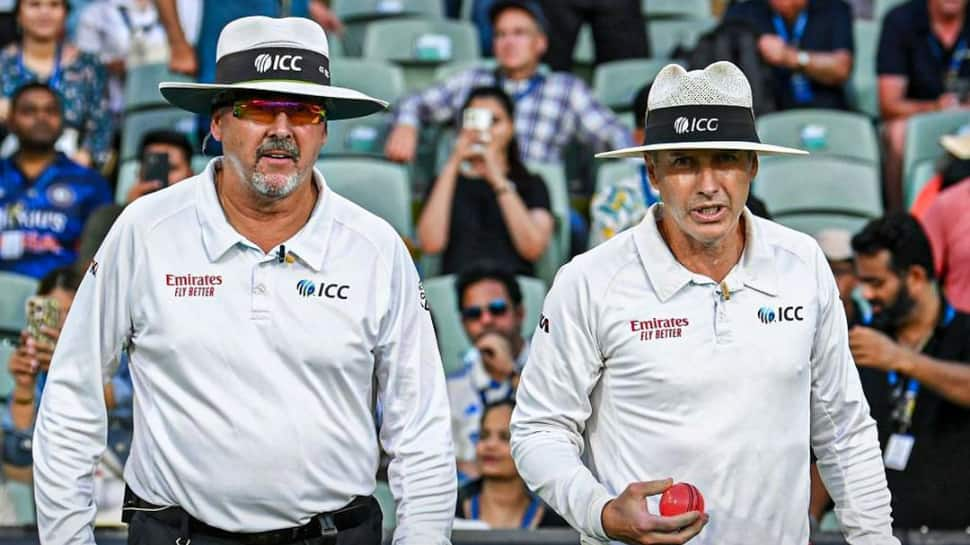ICC Announces Major Overhaul Of Playing Conditions Across All Formats; Check Details | Cricket News

The International Cricket Council (ICC) has announced a significant overhaul of playing conditions across all three formats of the game: Tests, One Day Internationals (ODIs), and Twenty20 Internationals (T20Is). These changes, which will take effect from mid-2025, are being introduced to restore competitive balance between bat and ball, ensure player safety, and improve the clarity and fairness of decision-making processes on the field.
1. Reverse Swing Reborn: Single Ball Rule Returns to ODIs
One of the most impactful changes is the return of the single-ball rule in ODIs. Since 2011, ODIs have been played with two new balls, one from each end, which has minimized reverse swing and made conditions more favorable for batters in the latter stages of the innings. Starting July 2025, teams will use two balls until the end of the 34th over, after which the fielding side must choose one of the two used balls to continue with for the final 16 overs. This move is expected to bring back the art of reverse swing and give fast bowlers a greater chance to influence the game during the death overs.
2. Concussion Substitute Rule Overhauled
In another critical move, the ICC has updated its concussion substitute regulations to ensure teams are better prepared for emergencies and to avoid mid-match confusion. Teams will now be required to name five designated concussion substitutes before the match begins, one each for a batter, wicketkeeper, seamer, spinner, and all-rounder. In a rare scenario where the concussion substitute also suffers an injury or another concussion, the match referee will have the authority to approve a second like-for-like replacement. This initiative puts a spotlight on player safety while maintaining fairness in replacements.
3. Boundary Catch & DRS Rule Clarification
The ICC has also addressed ambiguity in two high-profile areas: boundary catches and the Decision Review System (DRS). There have been several contentious moments in recent matches regarding airborne fielders making catches near the boundary ropes. The ICC has now introduced clearer definitions and guidelines to remove any doubt about such dismissals. Additionally, DRS protocols are being streamlined to reduce delays and ensure more consistent communication between on-field umpires, third umpires, and players.
Implementation Timeline
These changes will be implemented in a phased manner. Test matches will adopt the new playing conditions from June 2025, aligning with the start of the next World Test Championship (WTC) cycle, although the WTC Final will be played under current rules. The first ODI series to feature the new single-ball rule will be Sri Lanka vs. Bangladesh in Colombo in July 2025. T20 Internationals will also adopt the updated rules later in the same month.
Why These Changes Matter
By introducing these sweeping reforms, the ICC is signaling a renewed commitment to the evolution of the sport, blending the traditions that shaped cricket with the innovations necessary for its future. Whether it’s restoring reverse swing to the dying overs of ODIs, enhancing player protection through structured concussion protocols, or removing doubt in critical on-field moments, these changes are set to redefine how international cricket is played, watched, and appreciated.






